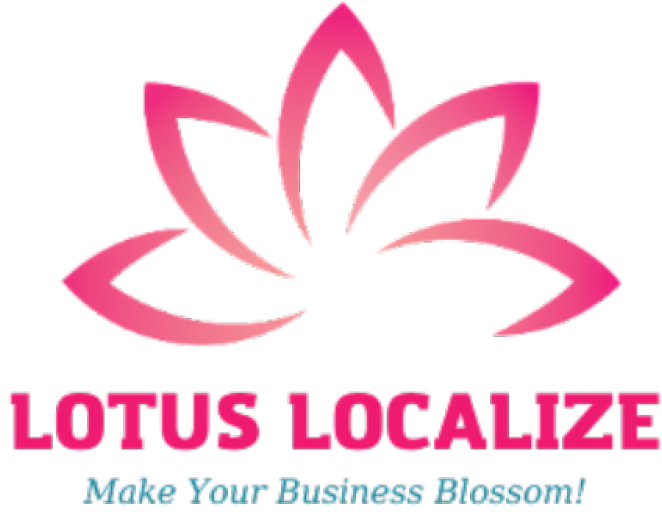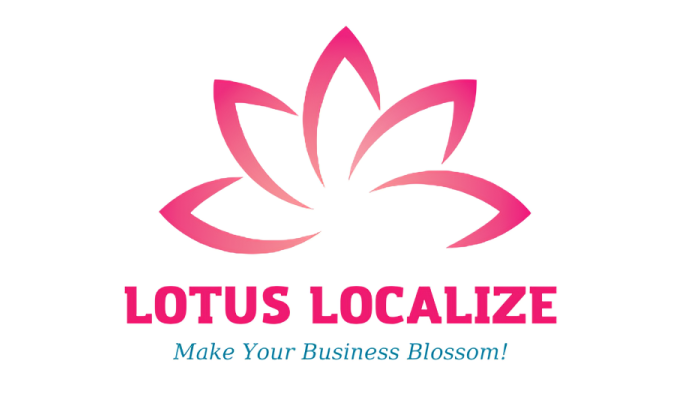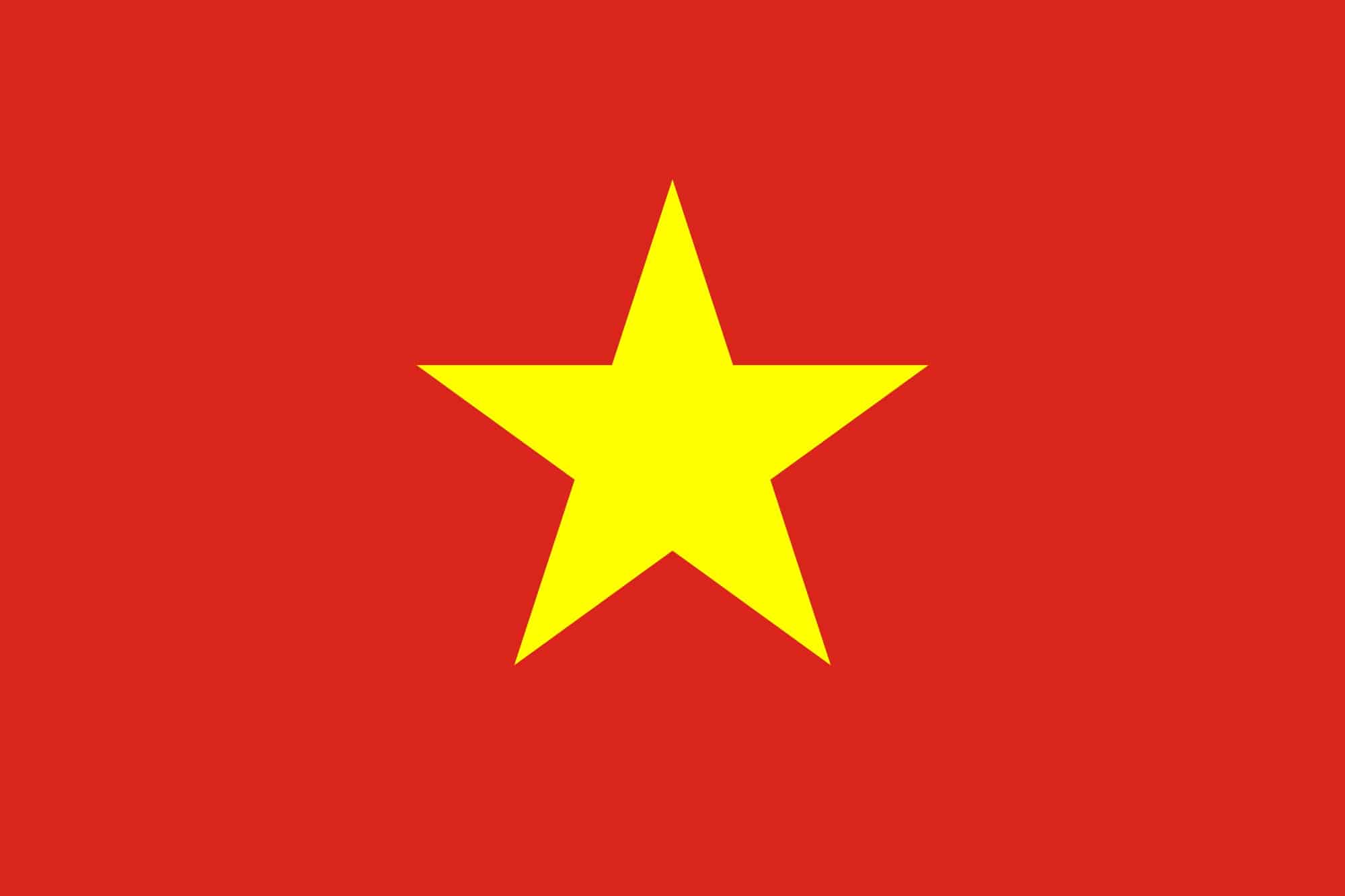
Vietnamese Translation
✅ Accurate translation
✅ ISO standard service
✅ 24/7 support
✅ Multi-industry - multi-field
Vietnamese translation is an essential bridge connecting Vietnam to the global community. In an era of increasing cross-cultural exchange and international collaboration, the demand for accurate and culturally sensitive Vietnamese translation has grown significantly. This article explores the importance of Vietnamese translation, its challenges, and the key factors that ensure effective communication across languages.
Learning more about Vietnamese translation
With its unique linguistic features and rich history, Vietnamese translation requires a balance of linguistic precision and cultural sensitivity.
What is Vietnamese translation?
Vietnamese translation is the process of converting written or spoken content from one language into Vietnamese or vice versa, while preserving its meaning, tone, and cultural nuances.
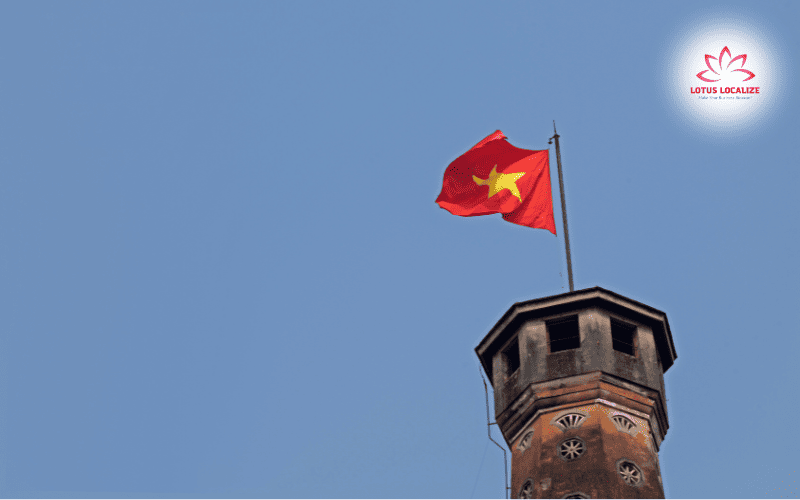
This practice requires a deep understanding of both the source and target languages, as well as the cultural context, to ensure clear and accurate communication. Vietnamese translation is widely used in areas such as business, education, technology, and media to connect Vietnamese speakers with the global audience.
The importance of Vietnamese translation
The importance of Vietnamese translation lies in its ability to bridge communication gaps between Vietnamese speakers and the global community.
- Facilitating global communication: Vietnamese translation enables seamless communication between Vietnamese speakers and the international community, fostering better understanding in business, culture, and personal interactions.
- Supporting business expansion: As Vietnam’s economy grows, businesses looking to enter the Vietnamese market or collaborate with local companies rely on accurate translations to ensure effective marketing, legal compliance, and customer engagement.
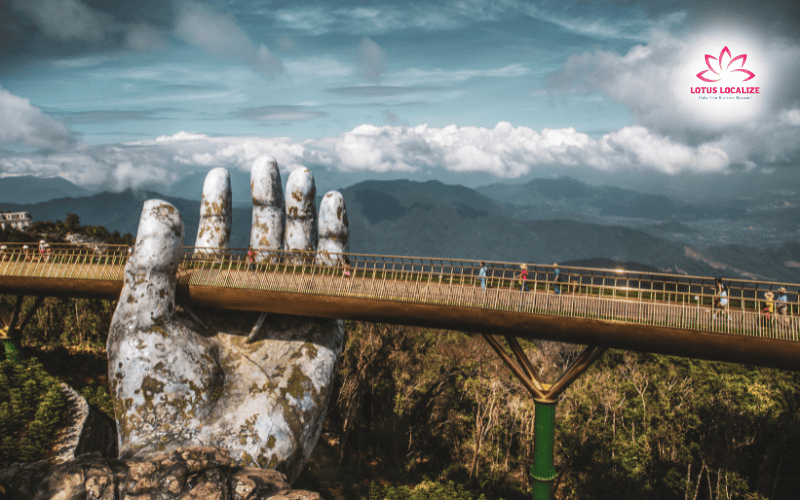
- Preserving cultural nuances: Language is deeply intertwined with culture. Vietnamese translation ensures that cultural elements are accurately conveyed, avoiding misunderstandings and promoting respect for the language’s uniqueness.
- Access to information: High-quality Vietnamese translation makes essential information—such as legal documents, medical instructions, and educational materials—accessible to Vietnamese-speaking communities, promoting inclusivity and informed decision-making.
- Enhancing international relations: Vietnamese translation helps improve diplomatic and cross-cultural relations, making it easier for countries, organizations, and individuals to work together effectively.
- Educational benefits: By translating academic content into Vietnamese, students and educators gain access to a wealth of global knowledge, improving learning outcomes and fostering academic exchange.
In a globalized world, Vietnamese translation is a vital tool for connecting people, expanding businesses, and ensuring that communication is clear, accurate, and culturally sensitive.
What are the challenges translators face in Vietnamese translation?
Translating into or from Vietnamese presents a unique set of challenges due to the language’s complexity and cultural depth.
- Language complexity: Vietnamese is a tonal language with a complex system of accents, tones, and grammar structures. Translating nuanced expressions and idiomatic phrases accurately can be challenging, especially when the source language lacks equivalent terms.For example, “ma” can mean “ghost” (ma) or “rice seedling” (mạ), depending on the tone. Translators must be cautious of these tonal differences when translating, as incorrect tone usage can lead to misunderstanding.
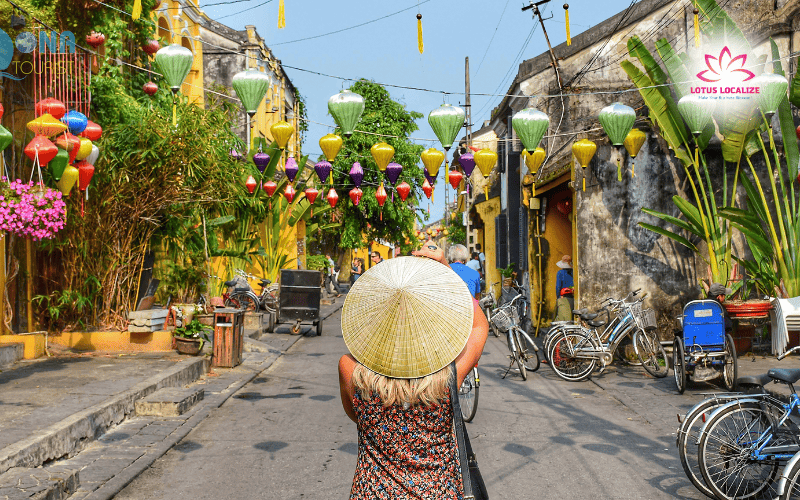
- Cultural sensitivity: Vietnamese culture plays a significant role in language use. Translators must be aware of cultural nuances to ensure that messages are not only linguistically accurate but also culturally appropriate.
- Dialect variations: Vietnam has several dialects (North, Central, and South), each with distinct vocabulary and pronunciation. Translators must consider regional variations to ensure that translations are understood across different areas of the country.
- Technical terminology: In specialized fields like law, medicine, and technology, translators face the challenge of accurately conveying technical terms. Lack of standardized terminology in Vietnamese can lead to confusion or misinterpretation.

- Contextual understanding: The meaning of words in Vietnamese often depends on context. Translators need a deep understanding of both the source and target languages to capture the intended message without altering the meaning. For example, “chân” can mean “foot,” “leg,” or even “basis” depending on the sentence. Translators must understand the context to avoid ambiguity and choose the correct meaning.
- Maintaining tone and style: Different types of documents (e.g., formal business, casual conversations, literary works) require different tones and styles. Translators must adapt their language use while maintaining the tone and style appropriate for the context.
- Time constraints: Tight deadlines can affect the quality of translation. Ensuring accuracy while working under pressure requires skill and experience, especially for large or complex projects.
Navigating these challenges requires not only proficiency in both languages but also a strong understanding of cultural, contextual, and technical factors to ensure high-quality and effective translations.
The solutions to handling Vietnamese translation challenges
To effectively handle the challenges of Vietnamese translation, several solutions can be applied:
Deep language proficiency:
Translators must have a strong command of both the source and target languages, including a deep understanding of Vietnamese grammar, syntax, and tones. Continuous learning and practice can help overcome the challenges posed by tonal nuances and complex sentence structures.
Regional dialect knowledge:
Familiarity with the various Vietnamese dialects (North, Central, and South) is crucial for translating region-specific vocabulary. Translators should adjust their translations based on the intended audience’s geographical location to avoid confusion and ensure clarity.

Use of specialized tools:
For technical fields like law, medicine, or technology, translators can use specialized dictionaries, glossaries, or translation memory tools that offer precise translations of industry-specific terminology. These tools help maintain consistency and accuracy across complex texts.
Contextual understanding and research:
Translators should always prioritize understanding the broader context of a text. In cases of ambiguous words or phrases, research is essential to determine the most appropriate translation. Collaborating with subject-matter experts or consulting reliable resources can help clarify challenging contexts.
Maintaining tone and style:
The tone of the source text must be preserved in the translation. To handle this, translators should assess the formality, target audience, and purpose of the text before starting. Adapting the translation to match the required tone ensures that the message is conveyed appropriately.
Time management and quality assurance:
Translators should develop efficient workflows to manage tight deadlines without compromising quality. This includes time for thorough revision and proofreading, as well as implementing quality assurance processes to catch errors early. Working with a team or using translation tools can also help streamline the process.
By combining linguistic expertise, cultural understanding, and the right tools, translators can effectively address the challenges of Vietnamese translation and produce accurate, high-quality work.
How to choose excellent Vietnamese translation providers?
Choosing an excellent Vietnamese translation provider requires careful consideration of several key factors to ensure high-quality, accurate, and culturally sensitive translations. Here are some tips for selecting the right provider:
Proven expertise and qualifications:
Look for translation providers with certified translators who are fluent in both Vietnamese and the source language. Ideally, they should have qualifications in linguistics or translation studies, along with experience in the specific field of translation (e.g., legal, medical, technical).
Native Vietnamese speakers:
Ensure the translators are native Vietnamese speakers, as they will have a deeper understanding of the language’s nuances, idiomatic expressions, and cultural context. Native speakers can more effectively adapt translations to local dialects and cultural preferences.

Portfolio and references:
Review the provider’s portfolio and ask for references or case studies. Look for samples in similar subject areas to ensure consistency and high standards.
Quality assurance process:
A reputable provider will have a clear quality assurance (QA) process in place, including proofreading, editing, and revision steps to ensure the translation is accurate, error-free, and polished. Some providers also use translation memory tools to ensure consistency across large projects.
Client reviews and testimonials:
Look for reviews or testimonials from previous clients. Positive feedback and high client satisfaction can indicate a reliable translation provider. Check platforms like Google Reviews or LinkedIn for client opinions.
Customer support and communication:
An excellent translation provider will offer clear communication and excellent customer service throughout the project. Make sure they are responsive, attentive to your needs, and open to feedback, ensuring a smooth collaboration.
By considering these factors, you can select a Vietnamese translation provider that offers the right balance of expertise, reliability, and cultural competence to meet your translation needs effectively.
Lotus Localize offers top-notch Vietnamese translation services
At Lotus Localize, we provide exceptional Vietnamese translation services that help you bridge language gaps and expand your global reach.
We specialize in translating a wide range of document types, including business contracts, technical manuals, marketing materials, academic research, and game scripts. Our expertise extends to medical records, e-learning resources, and multimedia content, ensuring tailored solutions for every industry. With a commitment to precision and cultural sensitivity, we deliver translations that resonate across borders and industries.
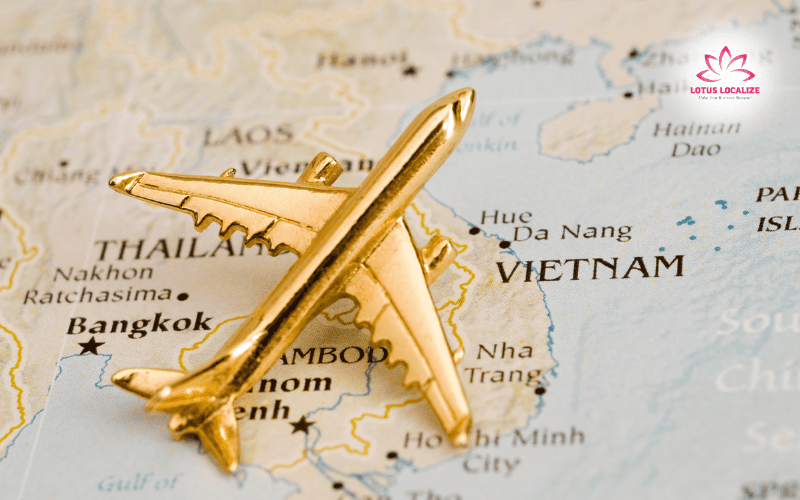
Our team of experienced linguists and native Vietnamese speakers ensures that every translation is accurate, culturally relevant, and delivered on time. Here’s why Lotus Localize is the perfect partner for all your Vietnamese translation needs:






When you choose Lotus Localize, you’re choosing a partner who understands the importance of language in global communication. Let us help you navigate the Vietnamese market with precision and cultural sensitivity, ensuring your message reaches its full potential.
In conclusion, Vietnamese translation plays a vital role in facilitating communication and bridging cultural gaps between Vietnamese-speaking audiences and the global market. With its unique linguistic features, including tonal variations, regional dialects, and cultural nuances, Vietnamese requires a high level of expertise to ensure accurate and culturally sensitive translations. Whether for business, legal, technical, or personal purposes, investing in professional Vietnamese translation services ensures clarity, relevance, and connection with the target audience. As global interactions continue to grow, the demand for skilled Vietnamese translators will remain essential for effective communication and successful cross-cultural engagement.
Lotus Localize believes that with advanced technology and strict translation management standards, it can offer customers high-quality Vietnamese Translation services while maintaining a strong market reputation. If you have any questions or need assistance with translation services for various other languages: Thai translation services, Chinese translation, Japanese translation, Korean translation, English translation, Spanish translation,… please contact Lotus Localize immediately at +84 866 224 968 or visit the website: lotus-localize.com for advice on the best solutions!
Allow Lotus Localize to assist you in achieving your goals of conquering the world, bringing Vietnamese products, people, and culture to an international level, and generating miracles!
LOTUS LOCALIZE – MAKE YOUR BUSINESS BLOSSOM!
QUALITY PROMISE
Lotus Localize offers consistent, high-quality service delivery in all customer engagements. Our in-house translators and staff adhere to well-established business processes, allowing us to communicate properly, deliver on time, and surpass client expectations.
